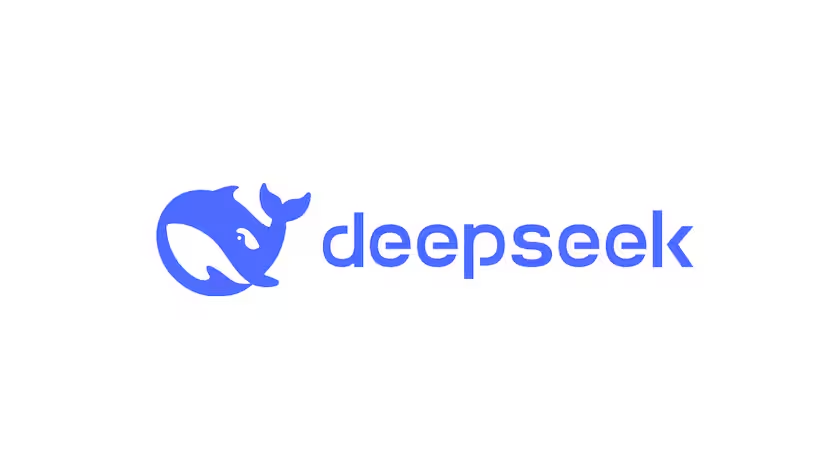There’s been a major buzz around DeepSeek, a Chinese tech startup, and its AI chatbot that’s shaking up stock markets and sparking heated debates about the U.S.-China race in AI development.
DeepSeek’s AI assistant hit the top spot on the Apple App Store, attracting a lot of attention for being a competitor to ChatGPT. What’s got some U.S. tech folks worried is that this Chinese startup seems to have closed the gap with American companies in AI tech, and is doing so at a fraction of the cost. If that’s true, it raises questions about the massive investments U.S. companies are making in data centers and chips to fuel their own AI advancements.
But while there’s a lot of hype, there’s also some confusion and misconceptions around what DeepSeek is actually capable of.
So, what’s DeepSeek?
Founded in 2023 in Hangzhou, China, DeepSeek released its first large language AI model that same year. The company’s CEO, Liang Wenfeng, is no stranger to high stakes—he co-founded one of China’s top hedge funds, High-Flyer, which uses AI-driven trading strategies.
Things really started heating up for DeepSeek last month when the company unveiled a new AI model they claimed was as powerful as OpenAI’s ChatGPT, but far more cost-effective when it came to using pricey Nvidia chips to train the system. The buzz grew when DeepSeek’s chatbot hit both Apple and Google app stores earlier this year.
But it was a research paper released last week—on the same day as Trump’s inauguration—that really set the panic off. The paper introduced DeepSeek’s AI model, R1, which showed off advanced “reasoning” skills, like the ability to rethink its approach to a math problem. R1 was also significantly cheaper to train than OpenAI’s model, o1, fueling even more chatter.
The ‘Sputnik’ Moment
At the heart of all this is a bigger debate in the U.S. about how to compete with China on AI. Venture capitalist Marc Andreessen called DeepSeek’s R1 “AI’s Sputnik moment,” referencing the 1957 satellite launch that kicked off the Cold War space race between the U.S. and the Soviet Union.
Andreessen, who has advised Trump on tech policy, has warned that over-regulation of AI in the U.S. could hold back American companies and give China a chance to pull ahead. Meanwhile, DeepSeek’s rise also casts doubt on the effectiveness of U.S. efforts to block the sale of AI chips to China—a strategy that’s been a key part of U.S. foreign policy in recent years. Some experts think that’s no coincidence.
On his first day in office last week, Trump signed an order to “identify and eliminate loopholes in existing export controls,” signaling that he plans to double down on the Biden administration’s approach to restricting AI tech from reaching China.
It’s a tense moment, with huge stakes in the race for AI supremacy.




